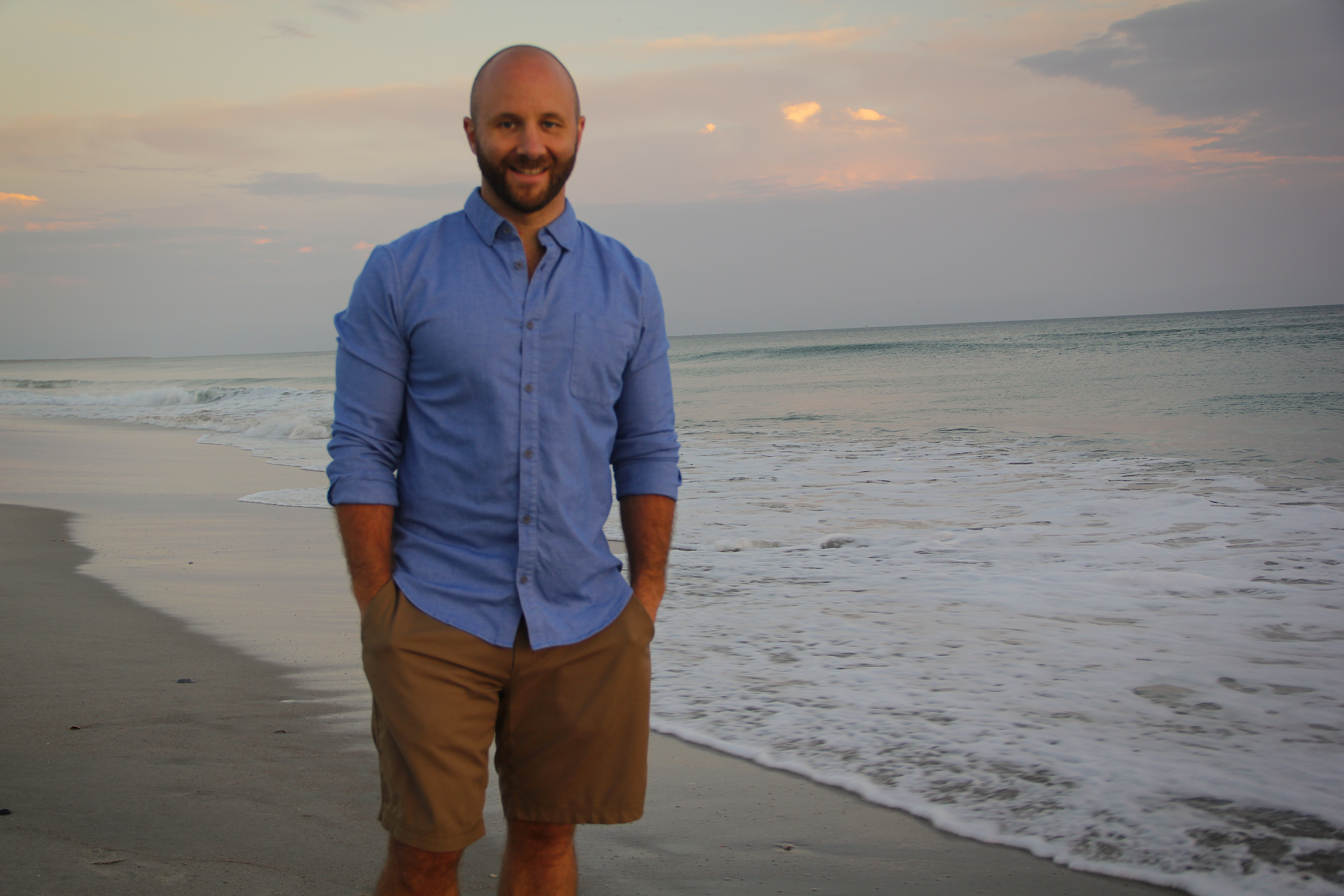
Rain Bennett
In the 10 years since college, I’ve wrestled with doubt, ego, jealousy, and addiction in my attempts to carve my own path as a filmmaker and writer.
I am not alone. Many of us, perhaps most of us, constantly battle the inner voices in our heads telling us why we can’t accomplish a goal we wish for or why we will never be able to make the changes in our lives that we want to.
Sometimes we believe these stories we tell ourselves — that we are incapable of doing what we really want to do. Either we are too much like our parents, or didn’t have a good start, or don’t have the right tools, or didn’t get the proper education. We create a false idea of ourselves and if we aren’t careful, everyone else will believe it, too.
This is a hard habit to break and one that took me years to address. I struggled with doubt from many angles. I came from a rough childhood with an alcoholic father and thought his demons would forever haunt me. I always felt split down the middle in my personality (half jock, half artist) and feared that I’d never be great at any of my interests. I even thought at many points that I might always live my life pretending to be something that I really that I really wasn’t. I still struggle with that, to be honest.
Finally, I couldn’t take it anymore. The weight was killing me and I needed to make a change.
I stepped back and looked at the bigger picture. I asked myself, “What is the one thing that all these thoughts have in common?”
The answer? Ego.
Every one of my insecurities came from how I thought people might think of me. That was a completely self-involved perspective and did nothing but hold me back.
I found out quickly that the best way to lose the ego was complete honesty and vulnerability. I decided that the best way, the only way, to live my life and do my work was with heart first. I had to stop letting my head knock me off track.
I began to tell brutally honest stories about my childhood and the battles that I faced, because they made me who I am. I found out that several people had been through similar situations and rooted for me and those that hadn’t respected me for being brave enough to talk about it. I even told a story about my father on stage at The Monti (You can see me at the GrandSLAM storytelling competition at the Arts Center in April, too!).
I started sharing other parts of my story with as many outlets as I could. I wrote about my new baby on the way and how I wanted to approach fatherhood. I talked about fears I had and who I’d become if I didn’t work on my flaws and keep trying to be better.
Putting these fears and doubts out in open not only forced me to face them, but it actually made them start to disappear. I wouldn’t be like my dad, because he never addressed his issues until it was too late. I wouldn’t stay mediocre at all my interests because now I was actually embracing them and showing them to the world instead of compartmentalizing them. And I wouldn’t turn into that person who merely called himself an artist because I was consistently creating art.
New opportunities arose. Most likely there were there before, but I couldn’t see them before. I began to do the types of projects that I cared about (and would be best at), because I stopped chasing the ones I really didn’t want to do.
Being open and vulnerable tapped me into the storyteller that I wanted to be because all stories are built off emotion. For example, the biggest piece I’d ever written (for Huffington Post) was also the hardest thing I’ve ever had to write.
Ever since I made the decision to face my work with my whole heart and be completely transparent about who I am (and who I want to be), things have started falling into place. Instead of worrying about how others saw me, I became focused on how I saw myself. And before I could really figure out who I was, I had to figure out who I was not.
Ego does not just come in the form of vanity, it can also be a product of insecurity. If we really want to operate at our highest level, we have to drop the charade and stop being so afraid.

